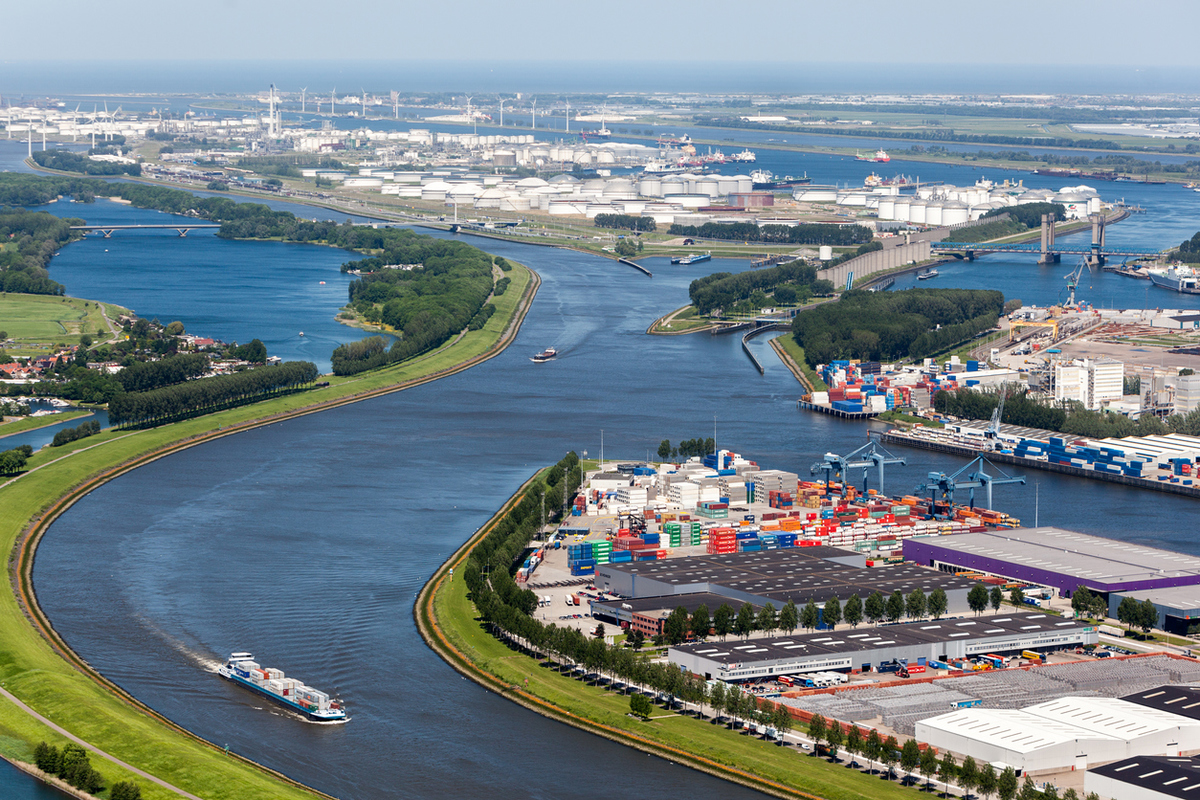Port of Rotterdam recommends hydrogen-boosting measures
Rotterdam's port authority has recommended six ways the EU can act to produce and import enough hydrogen to meet its REPowerEU plan for 2030.
 PHOTO: The Europoort area in the Port of Rotterdam. Getty Images
PHOTO: The Europoort area in the Port of Rotterdam. Getty Images
Presented by the European Commission earlier this year, REPowerEU plan aims to reduce the continent’s dependence on Russian energy flows and facilitate its transition to use more renewable energy.
The Port of Rotterdam has made the following recommendations to the European Commission:
- Develop a clear regulatory framework to attract investors to hydrogen projects. The Delegated Acts on renewable hydrogen under the Renewable Energy Directive II should ensure legal certainty for EU and non-EU economic operators in such projects.
- Implement a hydrogen certification system for imports by 2023 at the latest. It suggests that the system can be applied to locally produced and imported renewable and low-carbon hydrogen to provide security to end-users.
- Support development of business-to-business supply chain networks for hydrogen and ammonia. The port authority says, “Converting the existing gas pipeline backbone alone is not sufficient for the capacity required to decarbonize industrial clusters and hard-to-abate sectors.”
- Provide regulatory flexibility to first mover projects to boost deployment of import infrastructure for hydrogen products.
- Develop strong energy partnerships across the world to meet growing demand for clean hydrogen. This will help to meet targets set out in the REPowerEU plan.
- Reduce the price gap between traditional and alternative fuels. The port has supported the European Commission’s proposal of Carbon Contracts for Difference, which seeks to provide subsidies for green hydrogen production projects.
In May this year, the Port of Rotterdam said it seeks to supply 4.6 million mt/year of hydrogen to Europe by 2030, through a combination of local production and imports.
Some 600,000 mt/year of green hydrogen is expected to come from local production around Rotterdam, while 4 million mt/year of hydrogen and hydrogen derivatives is expected to be imported, the port authority announced together with a group of exporting countries and 70 companies.
By Shilpa Sharma
Please get in touch with comments or additional info to news@engine.online






